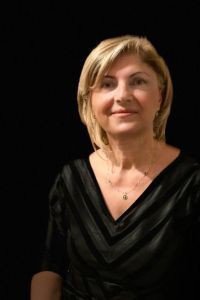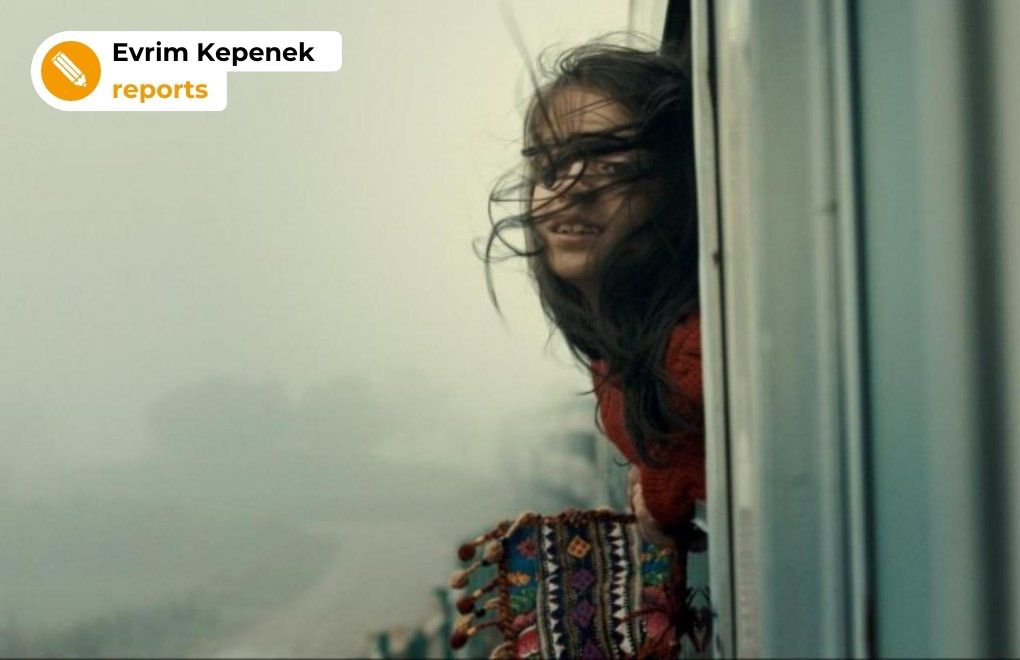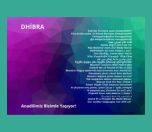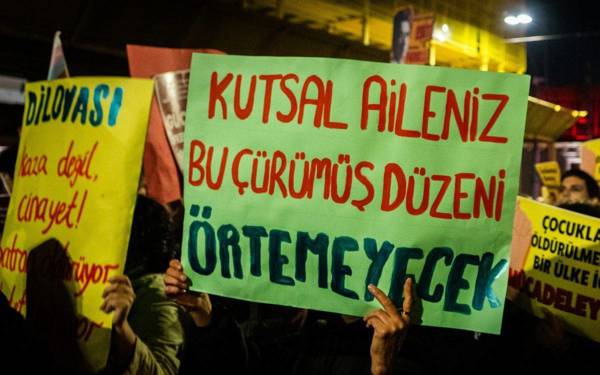* Dr. Güntaş-Aldatmaz expresses it like this - ** Photo: From Kazım Öz's movie "Zer"
Click to read the article in Turkish
We know Dr. Nadire Güntaş-Aldatmaz for her thesis "The Disappearance of Community Languages and Communication: Kırmancki (Zazaki) Case", which has been accepted by the Ankara University Faculty of Communication. Retired teacher Dr. Güntaş-Aldatmaz focuses on the struggle for Kırmancki/Zazaki language through gender inequalities.
Struggling against "the ones who devalue her language", Güntaş-Aldatmaz says, "We have to eliminate these unjust, blatant attacks and give language the prestige it deserves. People shouldn't hesitate to teach their children their language. I think we should put all our effort into this."
'I saw the world first in that language'
Did you, as a Zaza, face any obstacles to your language?
I prefer saying "Kurdish" instead of Zaza. While "Zaza" is widely used, this is a more special denomination in a more general one.
It is at least the case in several places. Therefore, I - as a Kurd who speaks Kırmancki/Zazaki - of course faced hardships about speaking my language, as in the case of a Kurd who speaks Kurmanji... More precisely, as in the case of several ancient languages of this geography...
Why is it important to you to speak Kirmancki/Zazaki?
I believe that linguistic diversity should be protected and kept alive as it is also the case in every field.
Besides the concepts of universal rules of the developing world, international conventions, human rights etc., my language is my eye that I open to the world. I saw the world first in that language.
It was in that language that I spoke with our great plane trees. My entire past, memories and identity find a meaning in this language.
Apart from all other rights and the law, it is very important to speak and keep alive my language and to stand up against the efforts to devalue it in this dimension as well.
'I dream that Kurdish acquires a status'
As a woman, you also struggle for your mother language. Why do you think it is important for women to speak their "mother language"?
I think it should be important for everyone because it will prolong the life of the language perhaps by one generation if only the mother speaks it, but it cannot go any further. However, we see in reality that the tendency of the mother to speak her language is higher than the father.
One of the important  reasons behind this is some situations that are positive for women. The higher the educational level, participation in economic and social life and use of public sphere a woman has, the lower her level of using the language gets.
reasons behind this is some situations that are positive for women. The higher the educational level, participation in economic and social life and use of public sphere a woman has, the lower her level of using the language gets.
The problem here is of course the monist, totalitarian practices. It should be possible for a woman to exist and participate in social life on the one hand and to speak, teach and develop her language on the other.
Do you have any dreams about Kırmancki/Zazaki?
There are many, but I don't know how many of them will come true. I don't think that the state will take any initiatives about this issue in the near future. So, people should first be led to claim their own language.
The most realistic dream of mine about it is to open a kindergarten and to offer economic support to the ones who send their children there. There is also a big dream of mine, the realization of which depends on several balances: That Kurdish acquires the status of an official language.
Another dream of mine is a dream above dreams and it is perhaps the most difficult one to make come true: Everyone who lives in Turkey, I mean, from Ömer who makes a living as a farmer in Yozgat to worker Ahmet in Adana, from Ayşe who washes the dishes for a living in Çankırı to janitor Cuma in Çorum, from Mehmet who harvests olives for a living in Balıkesir to several others, understands one day that the language of another people cannot be separatist, it cannot be associated with terrorism and it is a natural and warm part of them like their own.
As a woman and someone who does research on language, how do you describe the bond between women and their mother language?
The relationship among the mother, child and language is a relationship with more weight on the emotional side. It would be safe to say that the relationship between the child and the mother language is similar to the one between the child and the mother. Therefore, the association of every language reaches out to the mother.
It points to an intergenerational bond between women. In that sense, it is a bond with a historical depth. Considering that language is the main actor passing the cultural and historical accumulation of a society from one generation to the other in oral cultures, we can understand the strong bond between the mother language and the child.
'We should give language the value it deserves'
Do you have any work to ensure that Kırmancki/Zazaki is learned by next generations as well?
As a person who writes in Zazaki, I am also trying to do my best. However, it is not very realistic to get any results with this work.
We will get somewhere through individual initiatives of course, but this will naturally not be enough. The next generations should have a reason, apart from emotional ones, to learn Kurdish (Zazaki). For instance, they should make money from this, too. No one embraces a language without a market value just because it is their mother language.
One of the most important things to be done at this stage is to ensure that the language acquires prestige. Because the prestige of Kurdish has been torn into pieces, it has been criminalized, the ones who speak it have been turned into targets. People are made either afraid or ashamed of speaking Kurdish.
We should eliminate these unjust and blatant attacks as soon as possible and ensure that the language acquires the prestige it deserves as soon as possible. People should not hesitate to teach their children their mother language. I think we should put all our effort into this.
'Children; you are so beautiful when you...'
If we think about it from the other way around, what would happen if Kırmancki/Zazaki died out?
Okay, then let's think from the other way around a little bit. What will happen if one of the colors, say green or yellow, dies out? There are already several colors. Or what if a tree species, say the oak tree, dies out? It already resembles the plane tree. So be it...
Linguistic diversity is like the diversity of other species in nature. Just as a struggle is waged for an endangered shark or panda species, a struggle should also be waged for endangered languages.
Moreover, not only the ones who speak that language, but everyone should do it in order to protect the world cultural heritage.
This shouldn't be our problem only. Besides, the loss of a language comprises much greater and multifaceted losses than the loss of a species in nature. Just as the loss of a species disturbs the balance of ecological system, the loss of a language is a great loss for the world cultural heritage.
Do you have a message for the February 21 International Mother Language Day?
It is of course a symbolic date. But what matters is that the seriousness of the issue is comprehended and measures are taken by states. Until permanent measures are taken, our duty should be to keep our mother language alive as much as possible.
Do you have anything else to add?
I would like to tell the young and children this:
You are more beautiful when you speak the language of your mother, father, maternal and paternal grandmother.
Recommended song
Memory in mother languageDid you learn this language from your mother? Do you have a memory that you remember in your mother language? Yes, Kurdish (Kırmancki/Zazaki) is the language that I learned from my mother and my only language that I knew until I started school. In combined classes, children knew Turkish at different levels because there were five classes and the upper classes learned it better. One day, our teacher asked one of the children who did not know Turkish well to go and fetch a stick outside. I understood that the child did not understand the teacher very well and was not so sure about what she was supposed to bring. A bit surprised and hesitating, she went out and did not come back for a long time. While the teacher was grumbling and asking where she was, I was nervously looking at the door. She pushed the door open slowly and came in with a handful of sand. The sand was flowing through her fingers. The ones who knew Turkish started to laugh while our friend blushed further and further. She was about to cry. It hurts me whenever I remember it. |
CLICK - 'Surprising': 5-year-old Lusin talks about Homshetsi
(EMK/SD)













